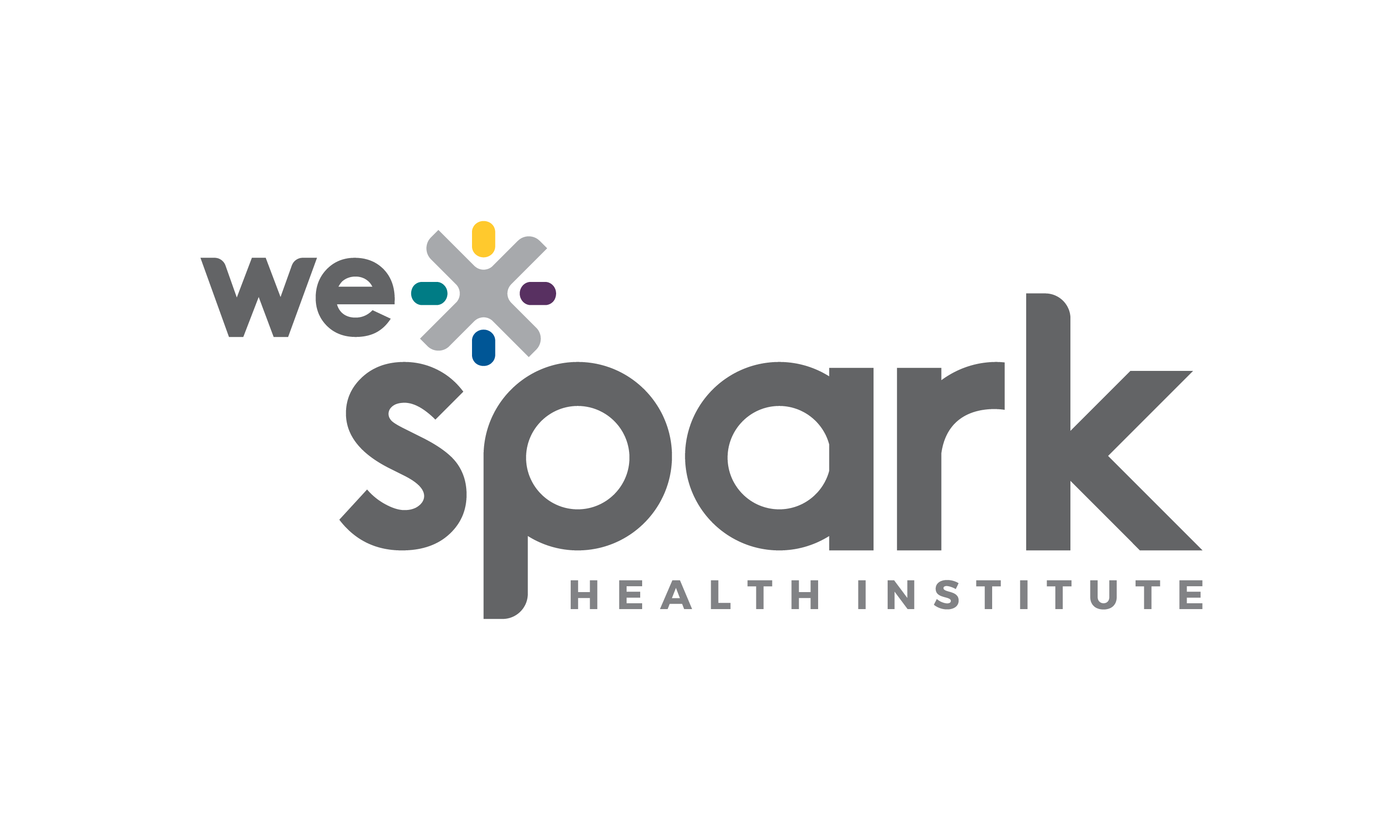Identification of Patient Characteristics Affecting Outcomes in Mono-Immunotherapy Versus Combination Treatment in Stage IV NSCLC
Description
Lung cancer remains the most commonly diagnosed cancer and the leading cause of cancer-related deaths worldwide, primarily due to late-stage diagnoses. Non-small cell lung carcinoma (NSCLC) accounts for 85% of cases, with historically poor survival rates in Stage IV disease. While platinum-based chemotherapy has been the standard first-line treatment, immunotherapy targeting PD-1/PD-L1 pathways has shown promise in enhancing immune responses against tumors. Clinical trials support both mono-immunotherapy and combination therapy with chemotherapy, but direct comparisons of their relative efficacies remain limited. This study aims to assess patient-specific factors influencing treatment outcomes and compare the efficacy of mono-immunotherapy versus combination therapy. We hypothesize that patients with high toxicity risk—such as those with advanced age, poor performance status, or comorbidities—will benefit from immunotherapy alone, while younger, healthier patients or immunocompromised individuals may respond better to combination therapy. Using a prospective cohort design, we will recruit 80-100 Stage IV NSCLC patients from Windsor Regional Cancer Centre. Patients receiving either immunotherapy alone or in combination with chemotherapy will be analyzed based on survival, response rates, adverse events, and key demographic and clinical factors. Statistical analyses will determine significant differences in outcomes. By evaluating real-world clinical outcomes and their association with patient characteristics, this study seeks to refine treatment guidelines and promote personalized therapy, ultimately improving prognoses for Stage IV NSCLC patients.
Identification of Patient Characteristics Affecting Outcomes in Mono-Immunotherapy Versus Combination Treatment in Stage IV NSCLC
Lung cancer remains the most commonly diagnosed cancer and the leading cause of cancer-related deaths worldwide, primarily due to late-stage diagnoses. Non-small cell lung carcinoma (NSCLC) accounts for 85% of cases, with historically poor survival rates in Stage IV disease. While platinum-based chemotherapy has been the standard first-line treatment, immunotherapy targeting PD-1/PD-L1 pathways has shown promise in enhancing immune responses against tumors. Clinical trials support both mono-immunotherapy and combination therapy with chemotherapy, but direct comparisons of their relative efficacies remain limited. This study aims to assess patient-specific factors influencing treatment outcomes and compare the efficacy of mono-immunotherapy versus combination therapy. We hypothesize that patients with high toxicity risk—such as those with advanced age, poor performance status, or comorbidities—will benefit from immunotherapy alone, while younger, healthier patients or immunocompromised individuals may respond better to combination therapy. Using a prospective cohort design, we will recruit 80-100 Stage IV NSCLC patients from Windsor Regional Cancer Centre. Patients receiving either immunotherapy alone or in combination with chemotherapy will be analyzed based on survival, response rates, adverse events, and key demographic and clinical factors. Statistical analyses will determine significant differences in outcomes. By evaluating real-world clinical outcomes and their association with patient characteristics, this study seeks to refine treatment guidelines and promote personalized therapy, ultimately improving prognoses for Stage IV NSCLC patients.
https://scholar.uwindsor.ca/we-spark-conference/2025/postersessions/36

